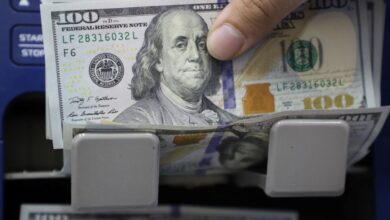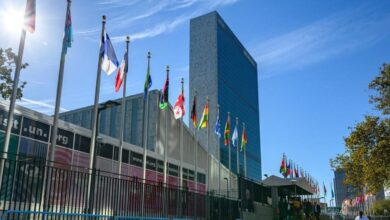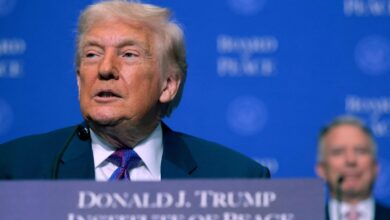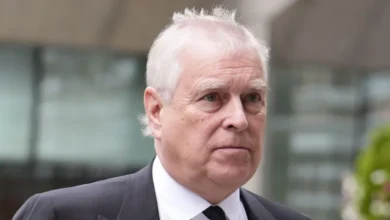Romania turns a new page: Dan’s victory signals pro-European shift
Nicușor’s inclusive rhetoric — seen in his post-victory call to unite even with those who didn’t vote for him — could promote national reconciliation in a politically polarized environment
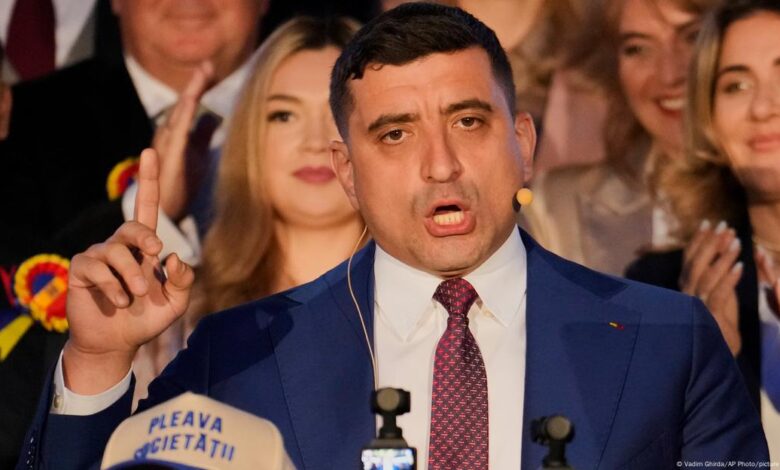
The election of Nicușor Dan as Romania’s president marks a vital moment in Romania’s modern history, offering a clear mandate for democratic consolidation, pro-European policies, and institutional reform.
According to DW.COM Dan’s victory, achieved against the odds, symbolizes a rejection of far-right populism and a desire among Romanians to align more closely with European values of rule of law, transparency, and human rights.
His win provides a renewed opportunity for Romania to modernize its political institutions and strengthen its democratic framework after years of political instability and public distrust in mainstream parties
.
One of the most immediate benefits of Dan’s presidency is the reinforcement of Romania’s commitment to the European Union. His pro-European stance ensures that the country will remain anchored in the EU’s strategic vision, contributing to unity in the face of external pressures such as Russian aggression.
Dan’s open support for Ukraine also signals that Romania under his leadership will be a reliable regional partner in upholding European security, particularly on NATO’s eastern flank. This stance may help Romania play a more active role in EU decision-making, particularly in areas like defense, energy policy, and border security.
Dan’s presidency is also expected to bring about much-needed reforms to the judiciary and public administration.
His track record as a civic activist and anti-corruption advocate suggests he will prioritize restoring public trust in institutions. By supporting an independent judiciary and fighting entrenched corruption, Romania could finally make strides in areas that have historically hindered its development and weakened its standing within the EU.
His approach stands in stark contrast to previous leaders who tolerated or even facilitated institutional decay for political gain.
Economically, a stable and pro-European Romania under Dan can attract more foreign investment. Investors often seek stable environments governed by rule of law, and Dan’s reformist agenda may make Romania a more appealing destination for European and international capital.
This could lead to job creation, infrastructure development, and increased innovation, especially in urban centers where Dan enjoys significant support. His technocratic background and pragmatic approach to complex problems suggest he will prioritize sustainable economic policies that serve long-term national interests.
Domestically, Dan’s leadership represents a rejection of extremist nationalism and xenophobia, embodied by his opponent George Simion. With Dan in office, Romania avoids a shift toward authoritarian governance and retains a pluralistic, democratic structure.
His inclusive rhetoric — seen in his post-victory call to unite even with those who didn’t vote for him — could promote national reconciliation in a politically polarized environment. This spirit of inclusion may help bridge divides between urban and rural areas, old and young, liberal and conservative.
Dan’s election is also a win for civil society and grassroots activism in Romania. As a former activist who challenged real estate corruption in Bucharest, his rise to the presidency illustrates that civic engagement can lead to real political change.
This could inspire greater public participation in the democratic process and revive faith in the power of ordinary citizens to shape their country’s future. It sends a message to Romanians that integrity and perseverance can triumph over political machinery and populist rhetoric.
On the international stage, Romania’s credibility is likely to increase under Dan’s presidency. EU leaders and Western allies will likely view his administration as a dependable partner, particularly when contrasted with the nationalist tendencies of some neighboring countries.
This can translate into stronger diplomatic relationships and increased support for Romania’s developmental goals, including funding from EU cohesion and recovery funds. It also positions Romania as a mediator and stabilizer in Southeastern Europe.
Another potential benefit of Dan’s victory is progress in minority rights and cultural inclusion. His willingness to work with all democratic parties, including those representing ethnic minorities like the Hungarian UDMR, suggests an inclusive approach to governance. This can improve ethnic relations and social cohesion, addressing longstanding tensions and ensuring all citizens feel represented and valued.
Dan’s endorsement of Ilie Bolojan as prime minister further underscores his intent to work with capable administrators rather than political loyalists.
In summary, the election of Nicușor Dan is a moment of democratic renewal for Romania. It signals a break from the past and offers a clear vision for a pro-European, reform-oriented, and inclusive future.
While challenges remain, Dan’s leadership presents a unique opportunity to fortify Romania’s democracy, bolster its economy, and elevate its role within the European Union. If his presidency stays true to his campaign promises, Romania could emerge as a model of progressive change in a region often at risk of democratic backsliding.








